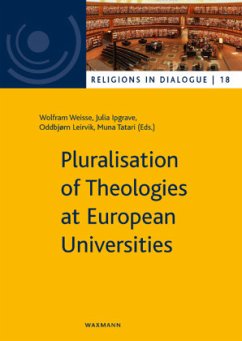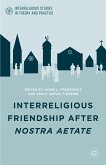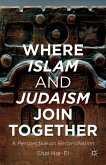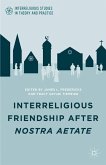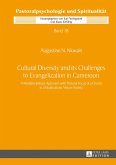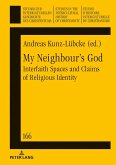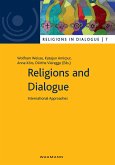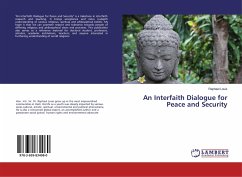This publication assumes that the modern context of plurality requires universities and higher education to support studying plural religious traditions in depth, giving due consideration to plural religious and secular perspectives, and providing opportunities for interaction between them. There are various ways to realise these aims. Success may be supported (or hindered) by various structures and concepts prevalent in universities or by different schools of thought on the nature of religions, on their relation to each other, and on their place in society. Religions and theologies can be studied in parallel, in cooperation, in dialogue, or through integrative approaches. The differing theoretical positions and contextual conditions (institutional, social, political) within which (inter)religious learning takes place are an important focus of this publication, both for the possibilities they open up and the limitations they pose. This publication builds on the presentations and discussions of scholars participating at a Conference at the University of Hamburg in December 2018, with some additional contributions from others in the field who were unable to attend in person.

